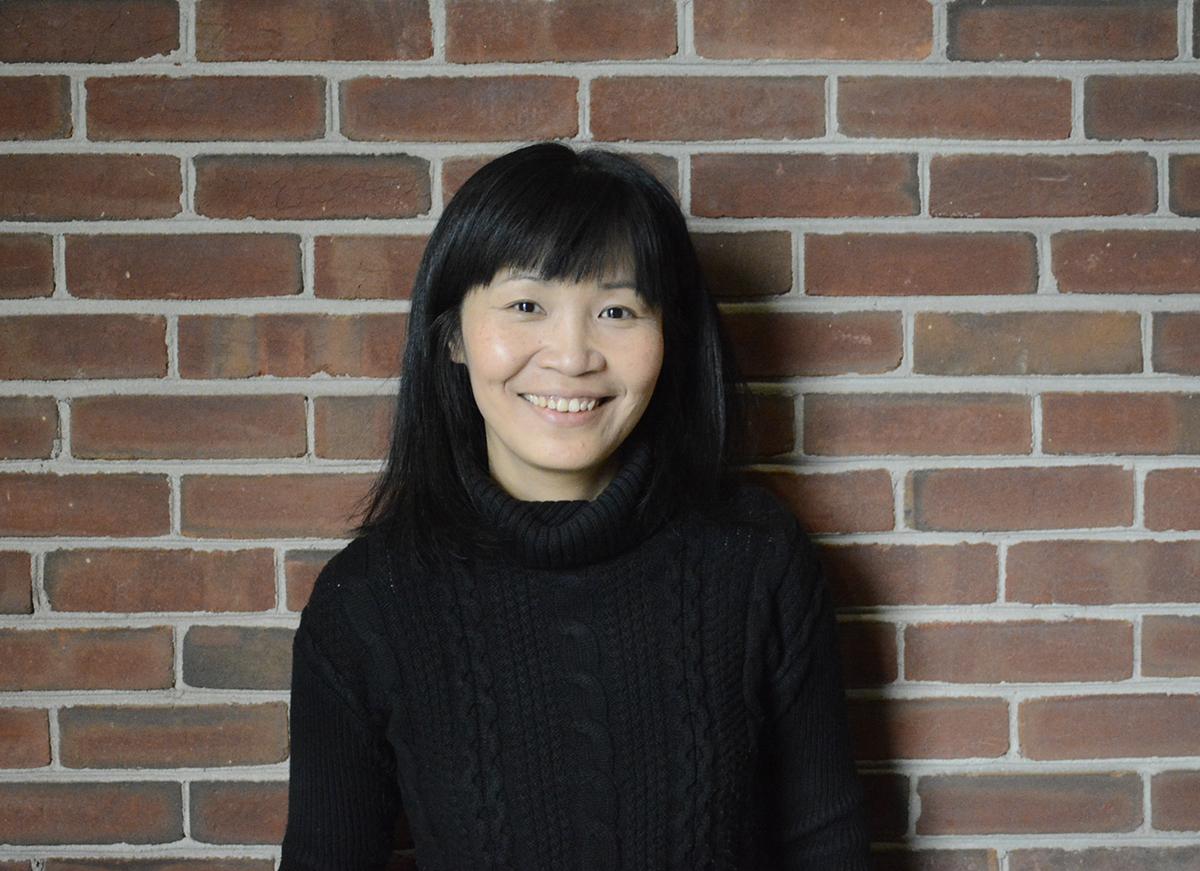Associate Professor Ming Hu will join the nation’s top minds in science, technology and engineering as a 2022-2023 Jefferson Science Fellow for the National Academies of Science, Engineering and Medicine. Hu is one of 14 scholars to be part of the program’s 19th class, which was established in 2003 by the Office of the Science and Technology Adviser to the U.S. Secretary of State. Fellows builds STEM expertise within the U.S. Department of State and the U.S. Agency for International Development and offer an accurate understanding of contemporary grand challenges in these fields.
Hu will serve as a senior scientific advisor to the Office of Environmental Quality (ENV), where she will work on a wide range of policy-related issues related to sustainable urban development, smart cities and green buildings. The ENV develops, coordinates and implements U.S. foreign policy objectives across a spectrum of environmental issues and challenges at several multilateral institutions and entities, including the United Nations. Following her fellowship, she will serve as an occasional consultant for short-term projects.
“Ming’s substantial research and work in developing sustainable, net-zero building strategies has made her a valuable voice in the world’s efforts to reduce carbon emissions,” said Dr. Dawn Jourdan, dean of the School of Architecture, Planning and Preservation. “This is a well-deserved honor, and we are very proud of her continued success.”
Hu is an associate professor in the School of Architecture, Planning and Preservation with affiliations at the Maryland Energy Innovation Institute, UMD’s Brain and Behavior Institute and the A. James Clark School Department of Civil and Environmental Engineering, where she received a Ph.D. in 2022. A 2020-21 U.S. Fulbright grantee, she investigated net zero renovation strategies in Europe’s Nordic Region as part of the Fulbright Finland Foundation. Hu is the author of Net Zero Building: Predicted and Unintended Consequences and Smart Technologies and Design for Healthy Environments, and has authored over 50 peer-reviewed papers and conference proceeding papers. She has been awarded research grants from the National Science Foundation, University of Maryland Sustainability Fund, The Rockefeller Foundation, The American Institute of Architects and others. She is a board member of the Architecture Research Center Consortium (ARCC) and the Building Technology Educator Society (BTES). She also served on the National Committee of the International Code Council and on the Maryland Green Building Council.
Read more about the Jefferson Science Fellowship.

